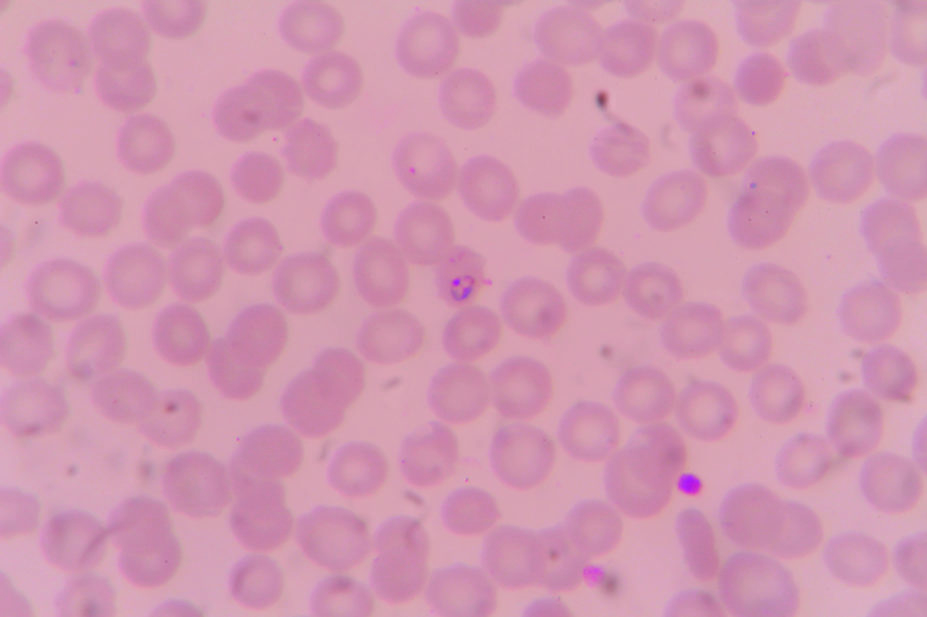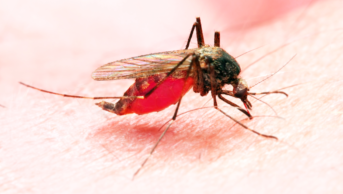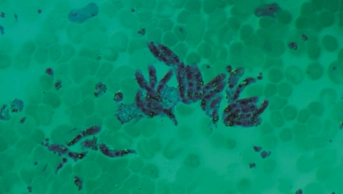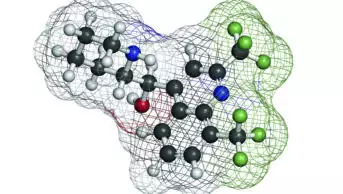
Shutterstock.com
There is currently no licensed vaccine against malaria, a disease that affects over 200 million people per year.
In a paper published in Nature
[1]
(online, 15 February 2017), a team of researchers explored whether injecting healthy volunteers with sporozoites from the malaria parasite Plasmodium falciparum, could result in immunity to infection. Volunteers also received the malaria prophylactic chloroquine throughout.
The researchers found that the greatest immune response was seen in those who received the maximum dosage at each of the three monthly vaccinations. All of these nine volunteers were protected against infection when exposed to an injected malaria challenge ten weeks after the final dose. None of the 13 control volunteers were protected.
The researchers say that the results show the vaccine’s potential, most importantly for use in a mass drug administration and vaccination programme, but further research is needed to optimise the administration regimen.
References
[1] Mordmüller B, Surat G, Lagler H et al. Sterile protection against human malaria by chemoattenuated PfSPZ vaccine. Nature 2017. doi: 10.1038/nature21060


